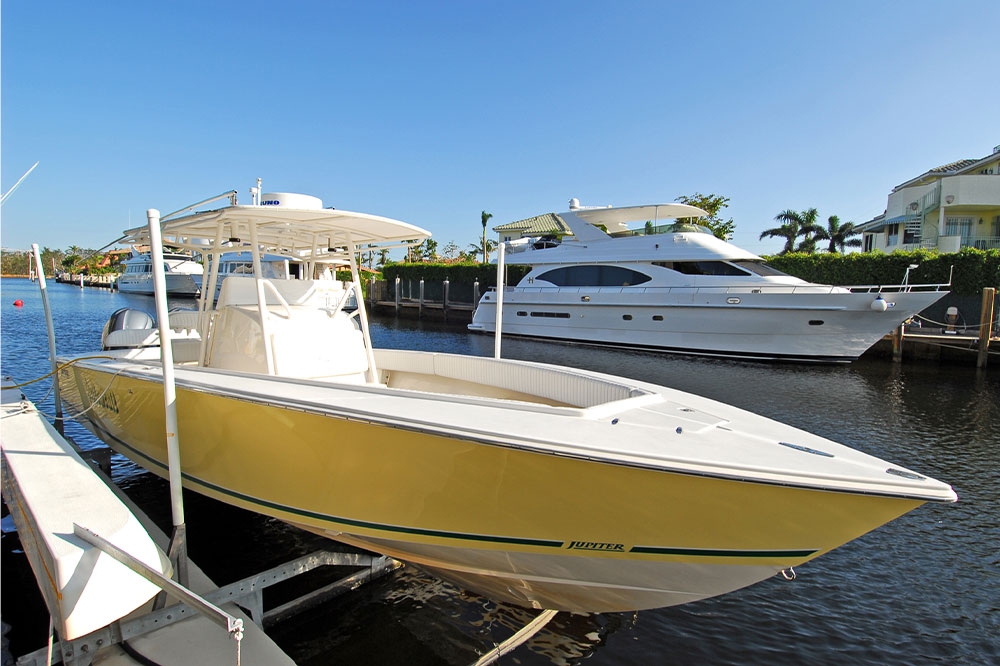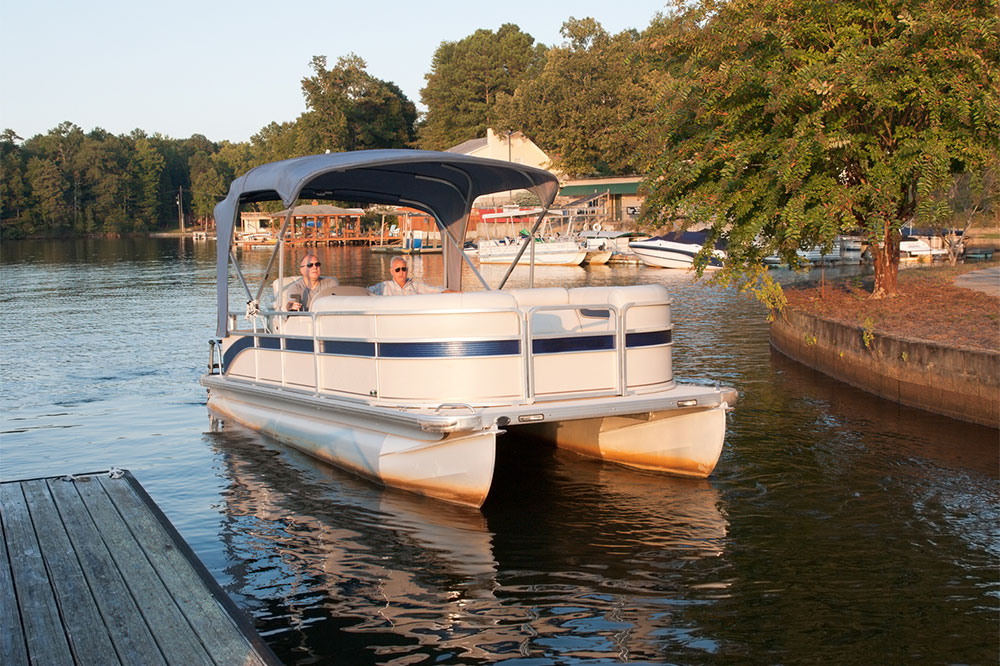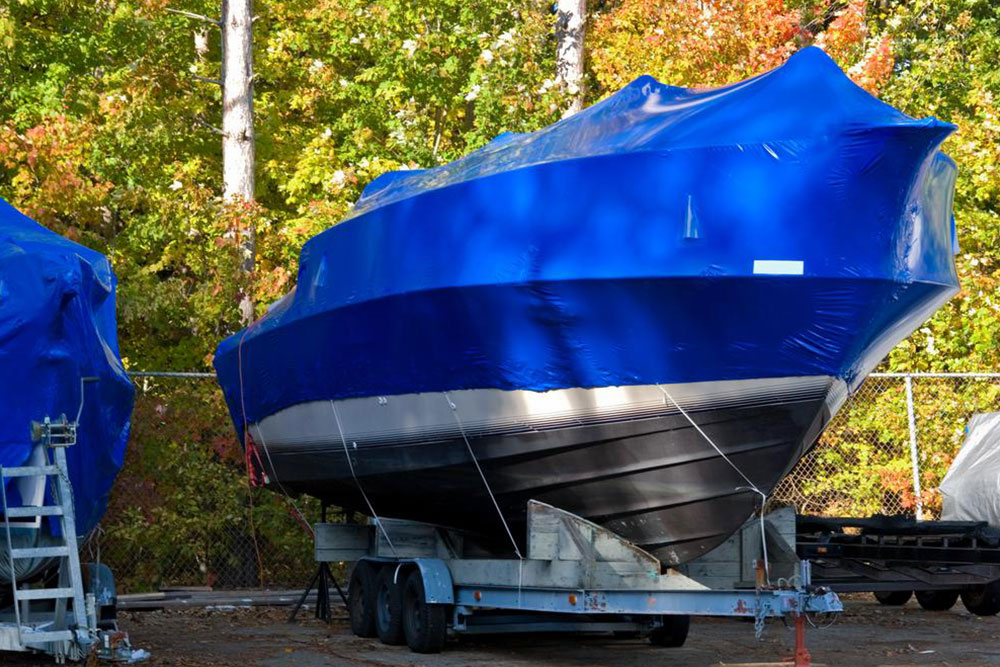Key Factors Influencing the Estimated Value of Pre-Owned Boats
This article explores the primary factors influencing the market value of used boats. It covers aspects such as age, condition, brand reputation, engine hours, maintenance history, and accessories. Understanding these elements helps buyers and sellers determine fair prices and negotiate effectively. Using reputable valuation guides, researching brands, and assessing boat condition are essential steps for making informed decisions in the boating industry.

Key Factors Influencing the Estimated Value of Pre-Owned Boats
The reported value of a used boat reflects its estimated market price determined by several critical elements, including age, features, overall condition, brand and model, engine hours, maintenance records, accessories, upgrades, and current market trends. Resources like the BoatUS Used Boat Price Guide assist in assessing these values. Understanding what impacts a boat’s valuation can help buyers and sellers negotiate better deals and set fair prices.
What Does the Book Value Signify for Used Boats?
The book value is the price that buyers or dealers might agree upon based on factors such as the boat’s age, condition, and brand reputation.
While not always the final sale price, the book value serves as a valuable starting point for negotiations.
Boat Age
The age of a vessel significantly influences its estimated value. Generally, newer boats command higher prices, whereas older models may depreciate due to wear and aging components. However, well-maintained classic boats can sometimes retain or increase their value, especially if crafted from durable materials or with historical significance.
Materials and construction quality also play roles; boats constructed with high-grade materials suitable for tough conditions tend to hold their worth longer.
Boat Condition
The overall condition is a crucial factor affecting a used boat’s valuation. Well-preserved, thoroughly maintained vessels tend to have higher estimates than those exhibiting significant damage or neglect. A comprehensive evaluation beyond surface appearance—including engine health and electrical systems—is necessary for accurate valuation.
Maintaining engines and systems in good shape positively impacts value, while hidden issues can reduce it.
Brand and Model
The reputation of the boat’s manufacturer and the specific model influence its market worth. Popular, reliable brands and models known for durability, seaworthiness, and consistent quality usually retain higher resale values. Conversely, lesser-known or less-reliable brands may depreciate faster and fetch lower prices.
Researching brand reputation and model history helps in setting realistic expectations for valuation and resale potential.
Engine Runtime & Maintenance Records
The number of hours the engine has operated and the documented maintenance history are key indicators of a boat’s value. Lower engine hours and comprehensive maintenance records suggest better condition and higher worth. Keeping accurate logs and performing regular servicing can help maintain or enhance a boat’s market value.
Evaluating maintenance beyond surface details ensures you’re aware of any underlying issues that might affect price.
Upgrades & Accessories
Adding functional upgrades and quality accessories can boost a boat’s appeal and value. High-end sound systems or practical navigation equipment add worth, while superficial modifications like custom paint or excessive aftermarket parts may not appeal broadly and could lower the valuation.
Considering the practicality and resale potential of upgrades is essential.
Negotiation Tips
Whether buying or selling, researching similar boats and consulting valuation guides helps establish fair market prices. Buyers should compare prices based on condition and features, while sellers must price their boats realistically and disclose all relevant details. An inspection by a professional can further support pricing strategies.
Effective negotiation relies on accurate information and transparent communication.
Final Thoughts
Understanding the variables that influence a used boat’s value is vital for making informed buying or selling decisions. Factors such as age, condition, brand, engine hours, and upgrades all play essential roles. Utilizing valuation tools and conducting thorough research ensures fair pricing and successful transactions.









